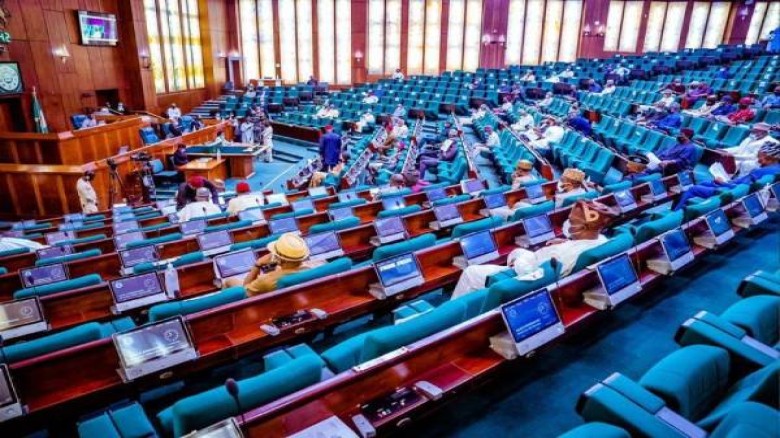Investments by Pension Funds in infrastructure surged by 32.9%, reaching N150.8 billion
Pension Fund Administrators' investment in Infrastructure Funds reached N150.8 billion in January 2024, marking a 32.9% year-on-year increase from N113.485 billion in January 2023.
The most recent data from the Nigerian Pension Commission (PenCom) for January revealed that the Pension Fund Administrators (PFAs) allocated 0.82% of the total Net Asset Value (NAV) of the Pension Funds to Infrastructure Funds.
David Adonri, Analyst and Executive Vice Chairman at HIGHCAP Securities Limited, emphasized the importance of making infrastructure funds appealing to fund managers to address the country's infrastructure needs. He highlighted that when these funds offer attractive returns, investors are more likely to invest in them. Adonri encouraged the introduction of more infrastructure funds in the market through collaboration among corporate entities to bridge the infrastructure gap.
Victor Chiazor, Analyst and Head of Research & Investment at FSL Securities Limited, stressed that organizations and individuals invest for returns. He noted that if yields on investments decline, investors seek higher-yielding assets and adjust their portfolios accordingly. Chiazor explained that Pension Fund Administrators (PFAs) aim to optimize returns on their assets under management, despite operating in a regulated industry.
Aigbovbioise Aig-Imoukhuede, Managing Director of Coronation Asset Management, highlighted the role of private sector investment in funding infrastructure projects amid limited public resources. He emphasized that private sector participation is crucial for bridging funding gaps and facilitating infrastructure projects that drive innovation, create employment opportunities, and stimulate economic growth. Aig-Imoukhuede emphasized the need for the government to create an enabling environment and provide incentives to attract infrastructure funds, underscoring the significance of infrastructure investments in driving economic and societal progress.
























Leave A Comment